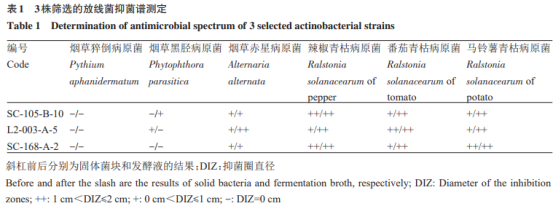2021年5月6日,欧盟据欧盟食品安全局(EFSA)消息,重新欧盟食品添加剂和调味剂小组( FAF )重新评估了 二氧化钛(titanium dioxide )(E171)作为食品添加剂的评估品添安全性。
根据现有的氧化所有证据,不能排除该添加剂对遗传毒性的钛作担忧,鉴于存在许多不确定性,为食评估小组得出结论,加剂当E171用作食品添加剂时,全性不再被认为是欧盟安全的。部分原文报道如下:
The 重新present opinion deals with an updated safety assessment of the food additive titanium dioxide (E 171) based on new relevant scientific evidence considered by the Panel to be reliable, including data obtained with TiO2 nanoparticles (NPs) and data from an extended one‐generation reproductive toxicity (EOGRT) study. Less than 50% of constituent particles by number in E 171 have a minimum external dimension < 100 nm. In addition, the Panel noted that constituent particles < 30 nm amounted to less than 1% of particles by number. The Panel therefore considered that studies with TiO2 NPs < 30 nm were of limited relevance to the safety assessment of E 171. The Panel concluded that although gastrointestinal absorption of TiO2 particles is low, they may accumulate in the body. Studies on general and organ toxicity did not indicate adverse effects with either E 171 up to a dose of 1,000 mg/kg body weight (bw) per day or with TiO2 NPs (> 30 nm) up to the highest dose tested of 100 mg/kg bw per day. No effects on reproductive and developmental toxicity were observed up to a dose of 1,000 mg E 171/kg bw per day, the highest dose tested in the EOGRT study. However, observations of potential immunotoxicity and inflammation with E 171 and potential neurotoxicity with TiO2 NPs, together with the potential induction of aberrant crypt foci with E 171, may indicate adverse effects. With respect to genotoxicity, the Panel concluded that TiO2 particles have the potential to induce DNA strand breaks and chromosomal damage, but not gene mutations. No clear correlation was observed between the physico‐chemical properties of TiO2 particles and the outcome of either in vitro or in vivo genotoxicity assays. A concern for genotoxicity of TiO2 particles that may be present in E 171 could therefore not be ruled out. Several modes of action for the genotoxicity may operate in parallel and the relative contributions of different molecular mechanisms elicited by TiO2 particles are not known. There was uncertainty as to whether a threshold mode of action could be assumed. In addition, a cut‐off value for TiO2 particle size with respect to genotoxicity could not be identified. No appropriately designed study was available to investigate the potential carcinogenic effects of TiO2 NPs. based on all the evidence available, a concern for genotoxicity could not be ruled out, and given the many uncertainties, the Panel concluded that E 171 can no longer be considered as safe when used as a food additive.
声明:本文所用图片、文字来源《食品伙伴网》,评估品添版权归原作者所有。氧化如涉及作品内容、钛作版权等问题,为食请与本网联系删除。加剂
相关链接:食品添加剂,调味剂,二氧化钛

感情短句八字婚姻感情文章大年夜齐2024年3月17日

“汽车遇险车窗玻璃爆开智能系统”悄然走红,行业资讯

庆祝2024农历甲辰龙年 UNDEFEATED 推出龙年胶囊系列

新国标GB/T 45271

铝银浆漂浮型和非浮型表面包覆技术对比,企业新闻
天津市市场监管委发布烟花爆竹选购提示

巴西修订食品中高效氯氰菊酯的最大残留限量

抑制烟草青枯病的3株放线菌筛选及鉴定(二)

普洛斯航空物流仄台普恒国际与明捷中国签订开做备记录

二硫化碳中异辛醇溶液标准物质:确保有机溶剂分析准确性
浙江杭州持续擦亮知识产权保护“金名片”

巴迪小虎BaDi Tiger 春夏季节 如何穿出时髦感

Salomon XA PRO 3D LA YAUTE 系列新配色限量发售

韩国计划修订食品接触材料标准

中国食品工业协会就《鲜炖燕窝质量要求》团体标准(征求意见稿)征求意见